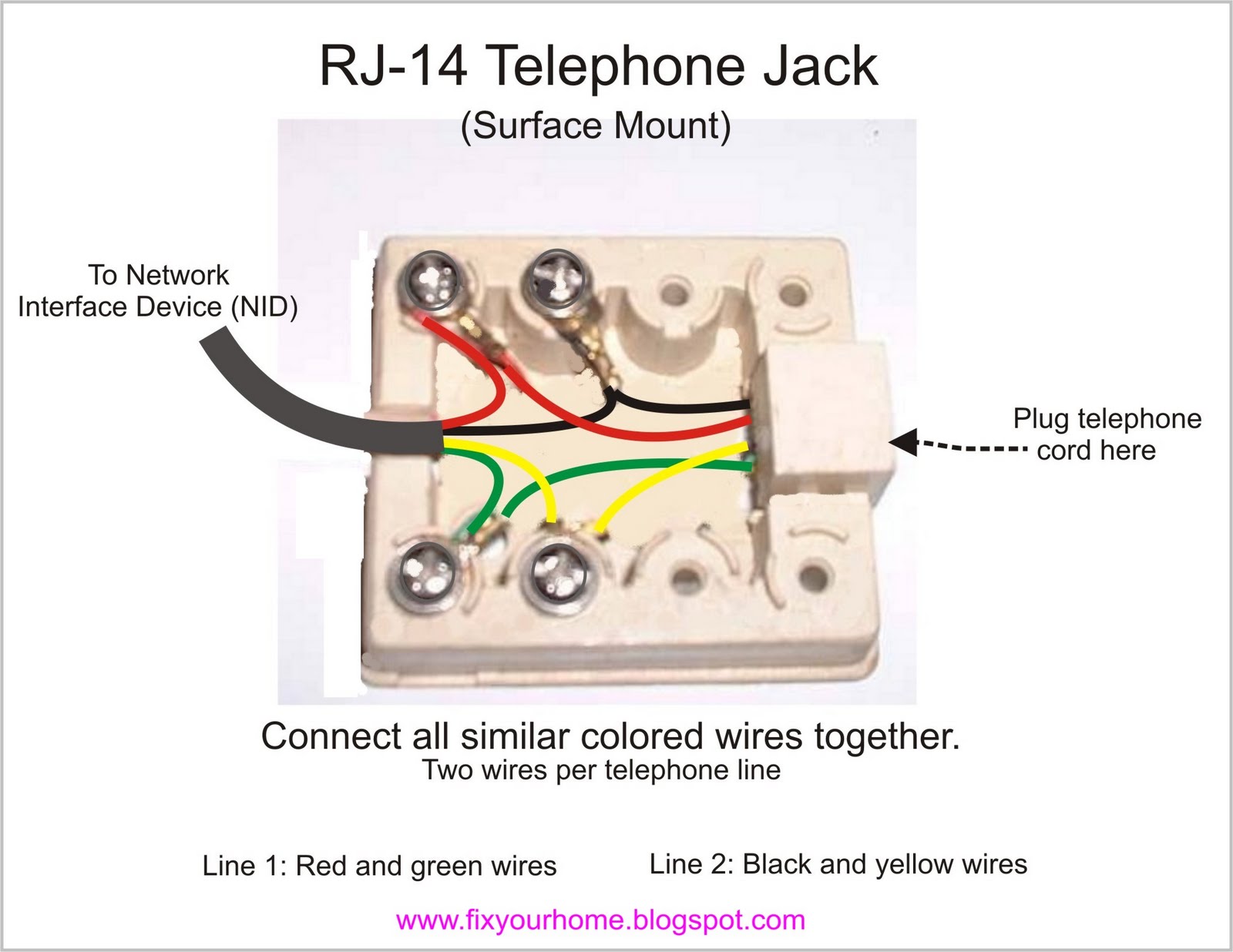Residential phone wiring plays a crucial role in ensuring that communication systems within a household function effectively. Whether it’s for making phone calls, accessing the internet, or setting up a home security system, properly installed and maintained phone wiring is essential for seamless connectivity.
Importance of Residential Phone Wiring
Residential phone wiring is essential for various reasons:
- Allows for communication within the household
- Enables internet connectivity
- Supports home security systems
Reading and Interpreting Residential Phone Wiring
Understanding how to read and interpret residential phone wiring is crucial for troubleshooting and making any necessary repairs or upgrades. Here are some key points to keep in mind:
- Identify the different components of the phone wiring system
- Follow the wiring diagram provided by the manufacturer
- Use a multimeter to test for continuity and check for any faults
Using Residential Phone Wiring for Troubleshooting
Residential phone wiring can be used to troubleshoot various electrical problems within the household. By following the wiring diagram and conducting tests, you can pinpoint the source of the issue and take appropriate action. Some common troubleshooting steps include:
- Checking for loose connections
- Testing individual phone lines for dial tone
- Replacing faulty components if necessary
Safety Tips for Working with Residential Phone Wiring
When working with electrical systems and using wiring diagrams, it’s important to prioritize safety. Here are some safety tips and best practices to keep in mind:
- Always turn off the power before working on any electrical components
- Use insulated tools to prevent electrical shocks
- Avoid working on wiring in wet or damp conditions
- If you’re unsure about any aspect of the wiring, consult a professional electrician
Residential Phone Wiring
Residential Phone Wiring Diagram

Residential Phone Wiring

Residential Telephone Wiring Diagram

Residential Home Phone Line Wiring Diagram

residential network wiring

Home Phone And Data Wiring
